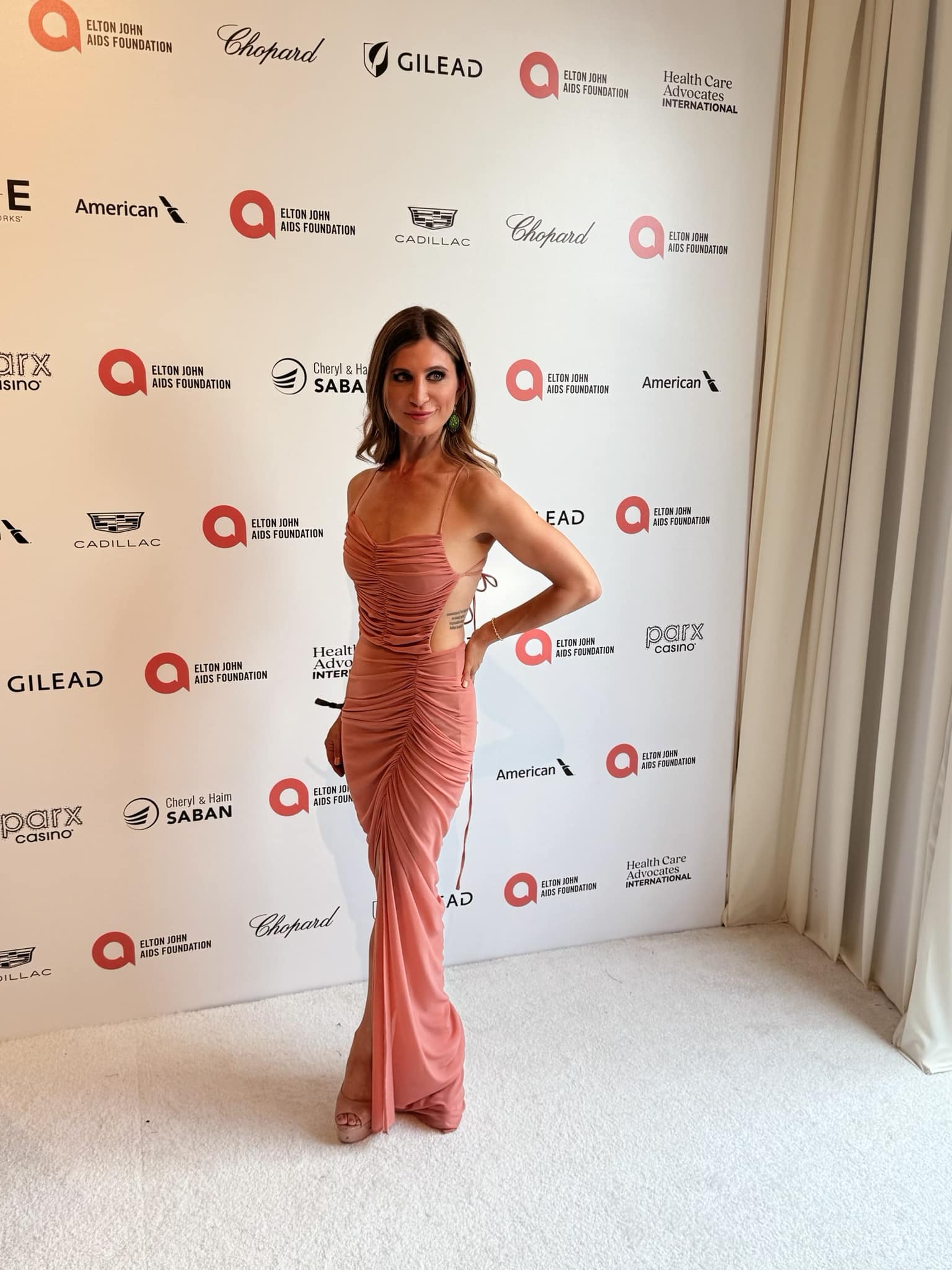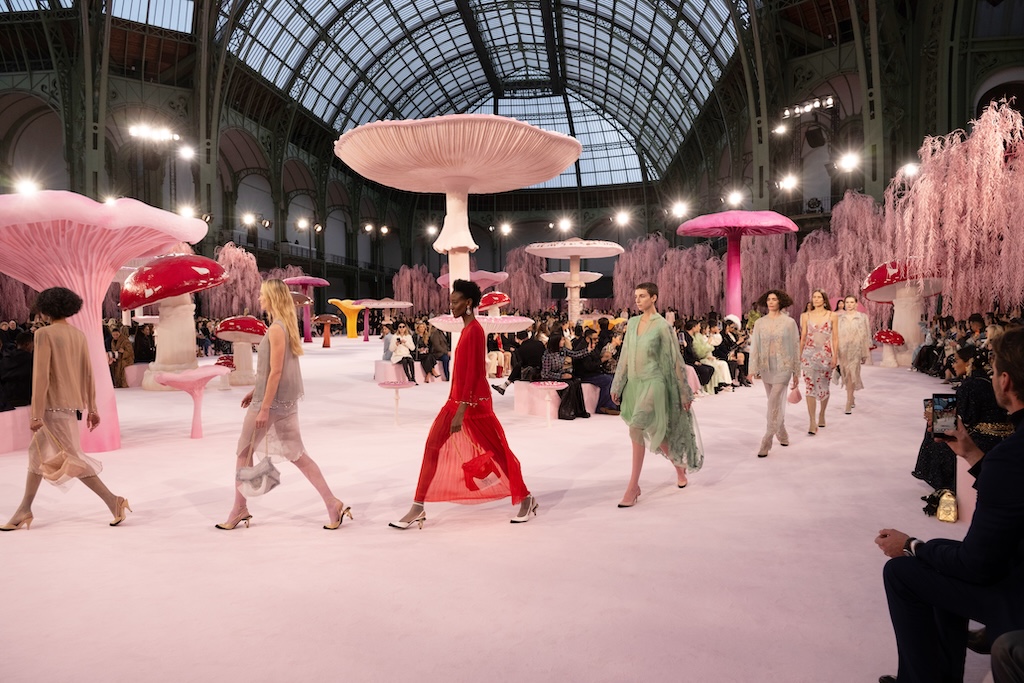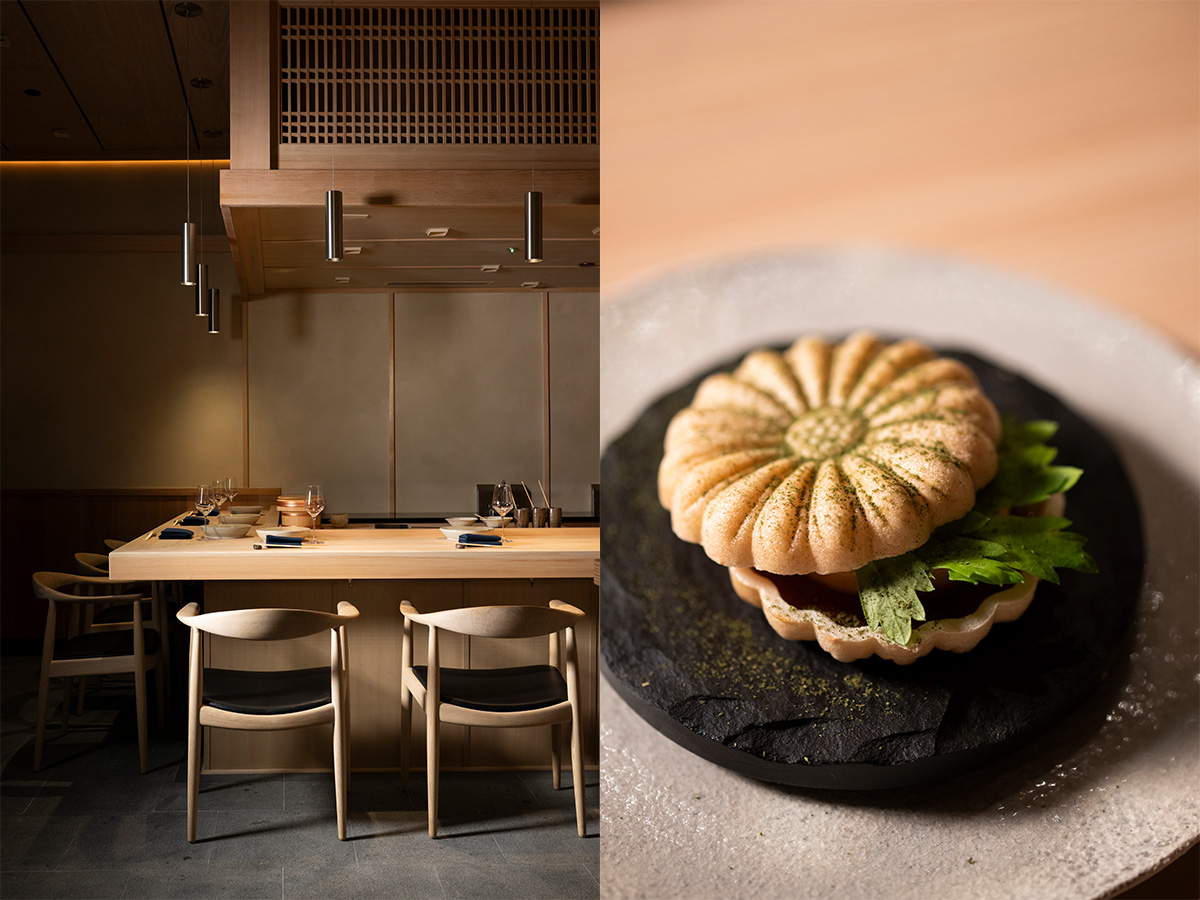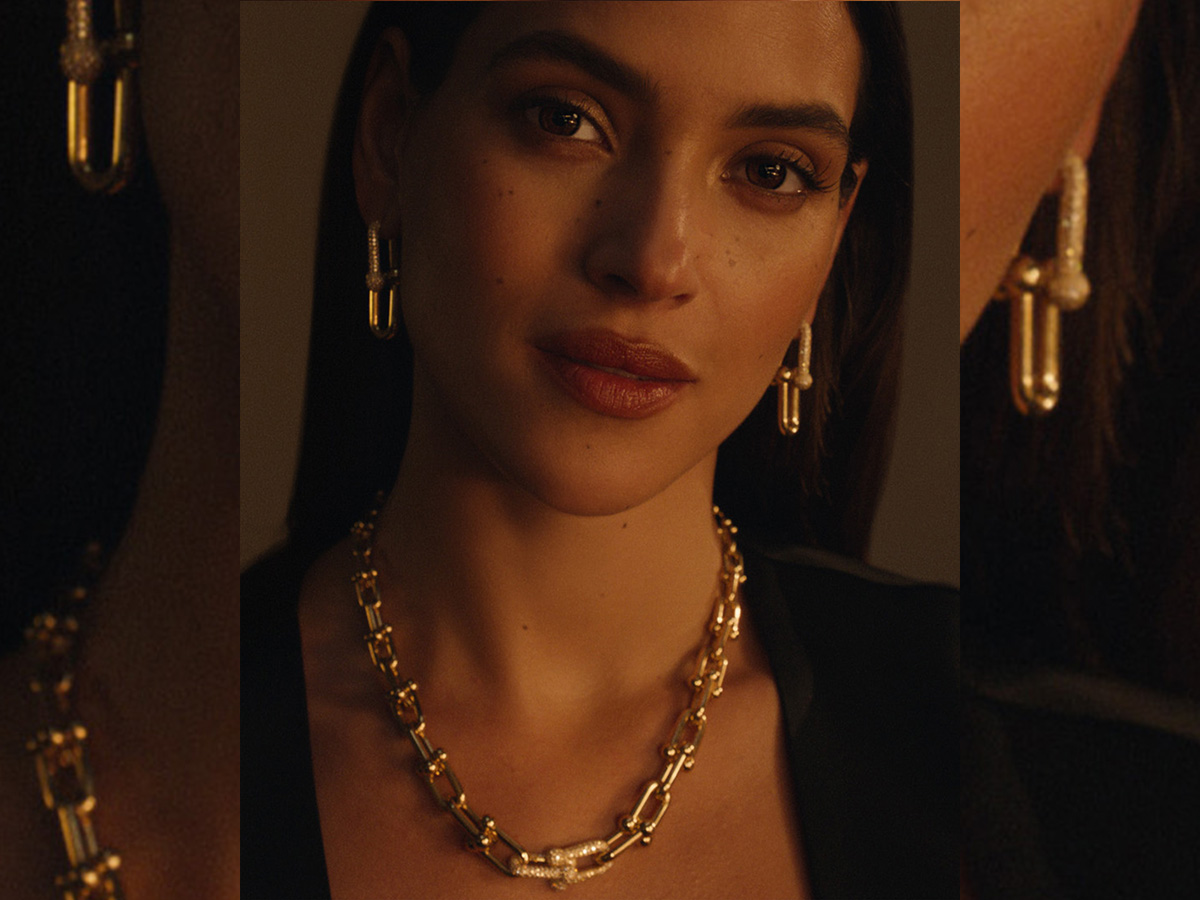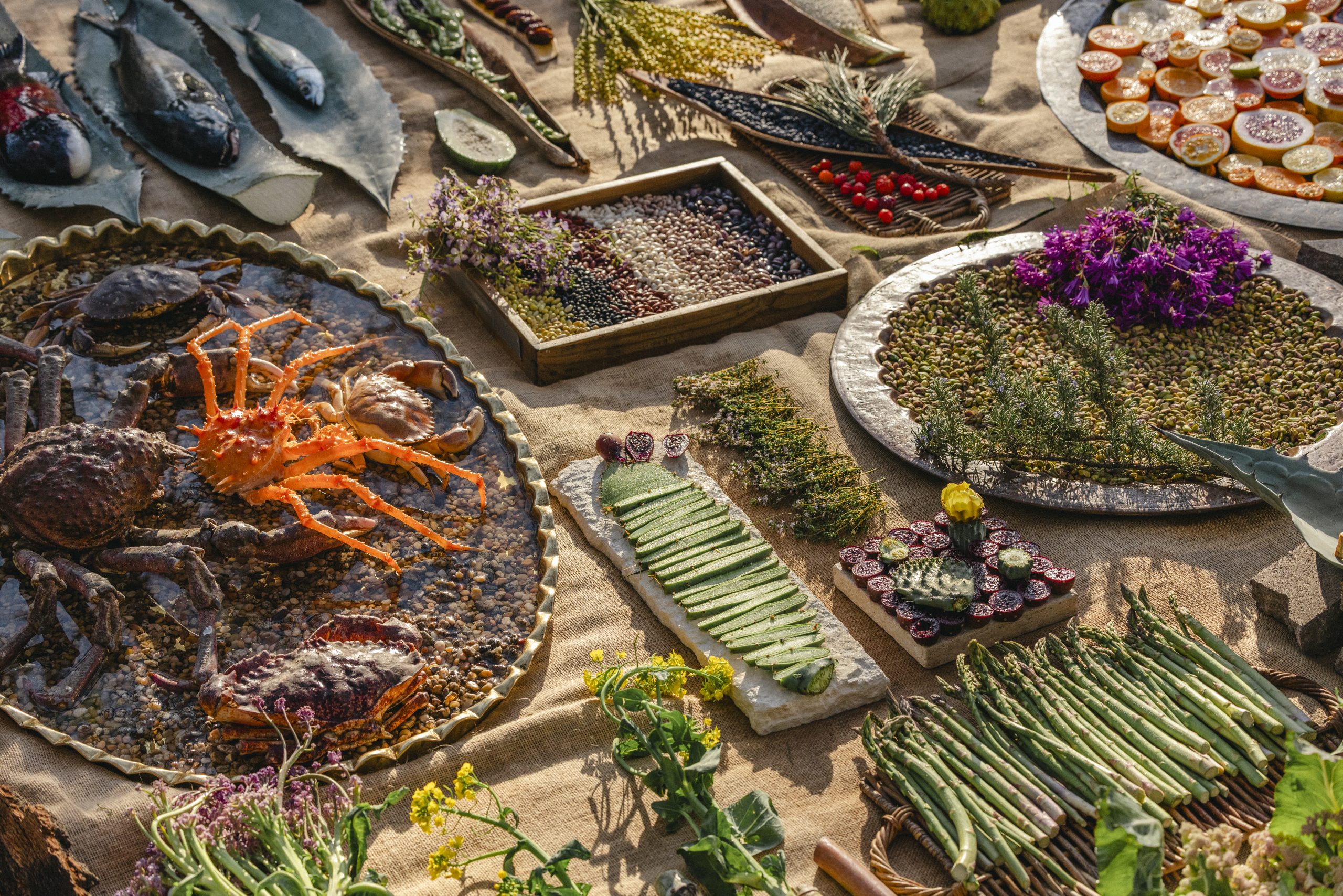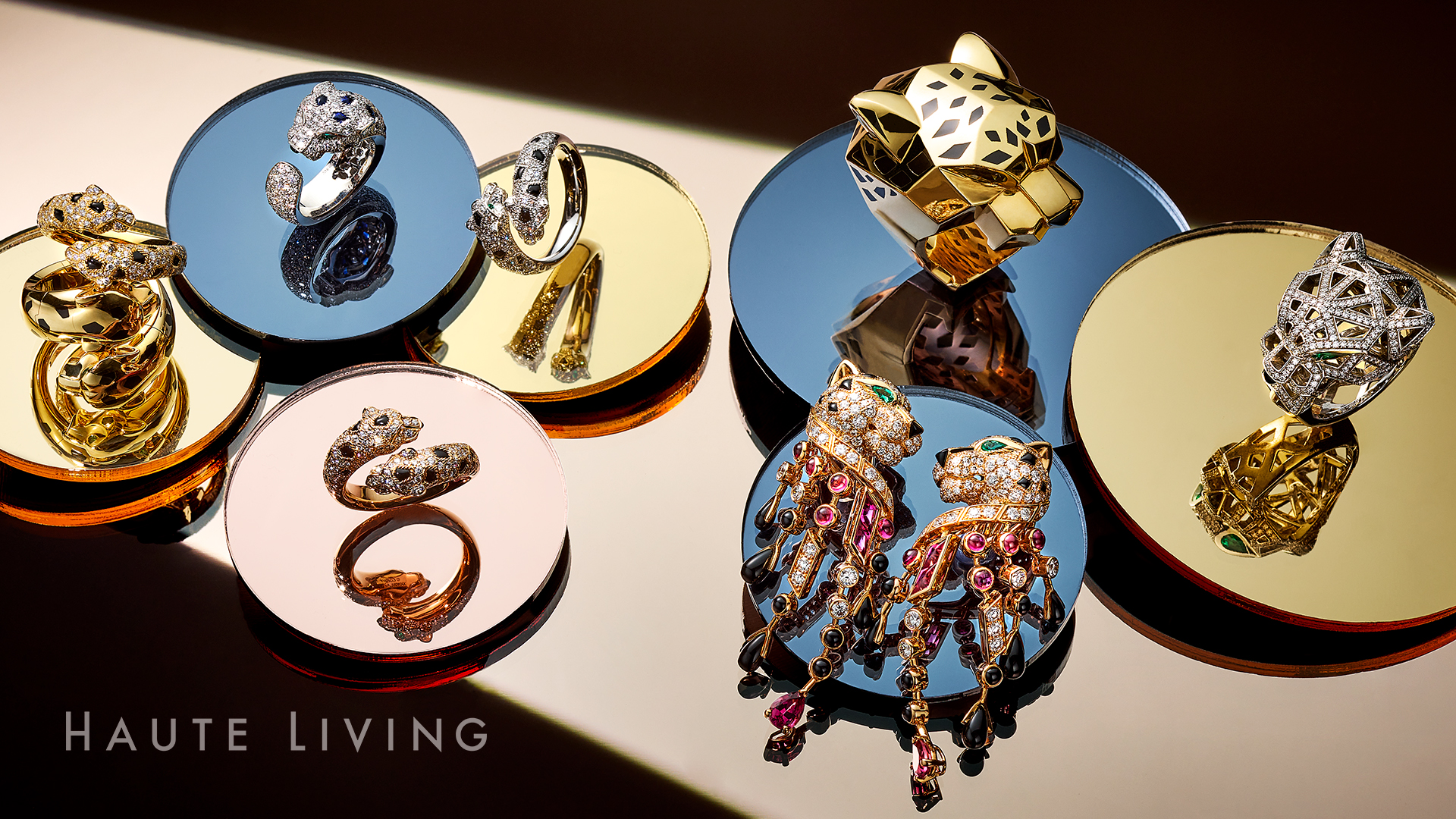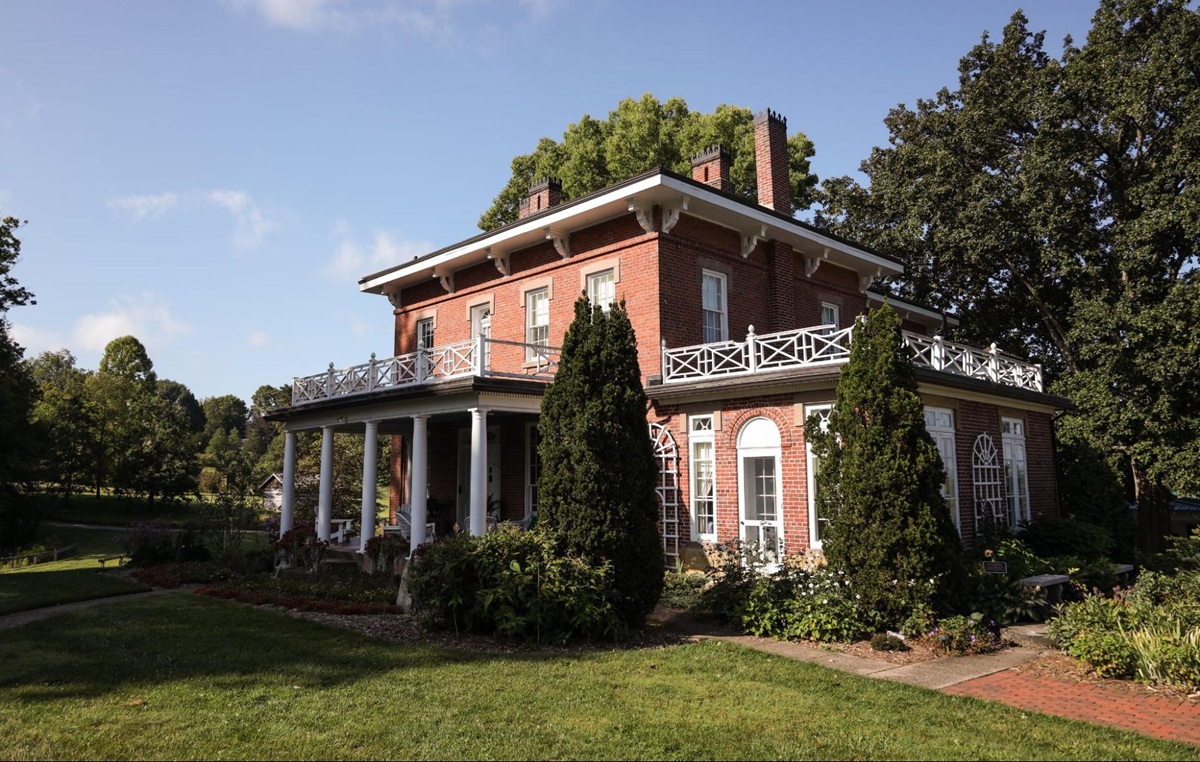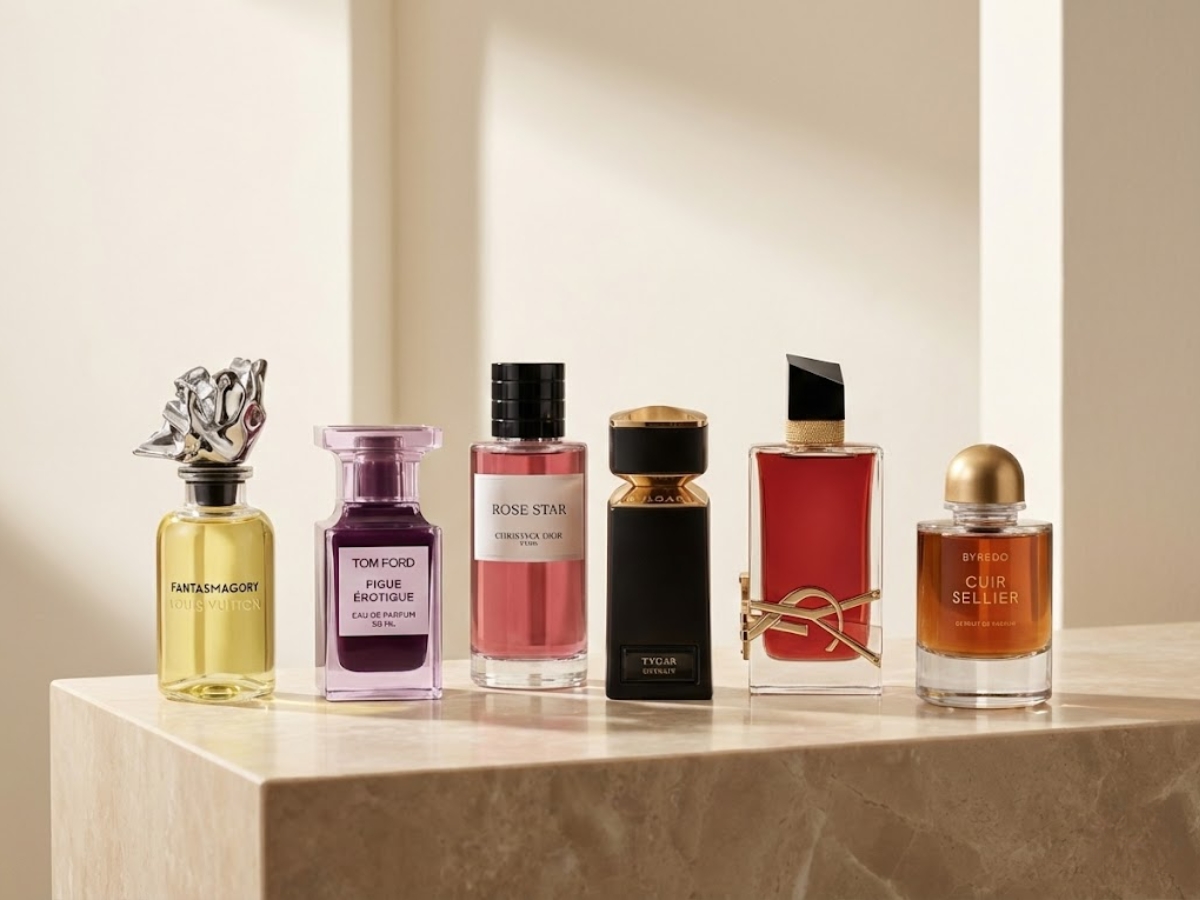Changing Of The Guard: A Generational Shift Is Underway At Harlan Estate As Bill Harlan Passes The Torch To Son Will
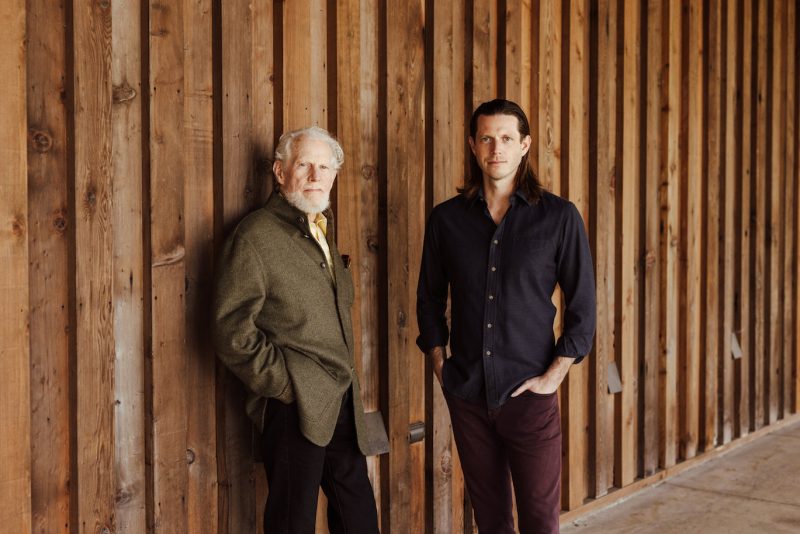
Photo Credit: Boris Zharkov
BY LAURA SCHREFFLER
PHOTOGRAPHY BORIS ZHARKOV
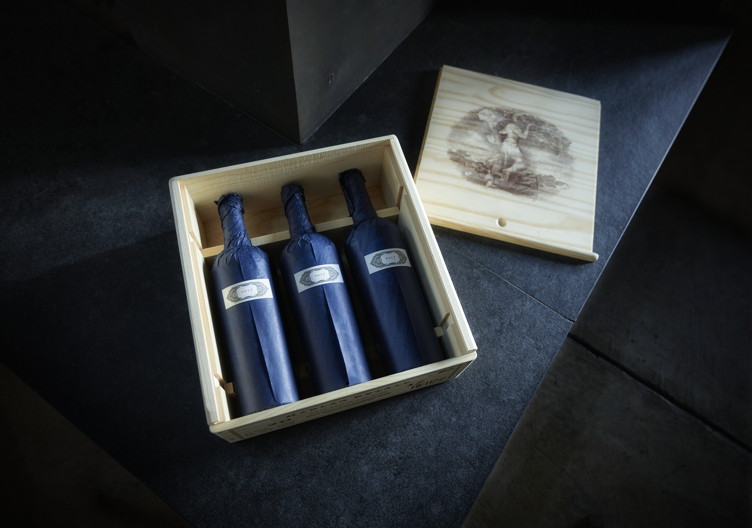
Photo Credit: Harlan Estate
Everyone in Napa Valley knows the name Bill Harlan. As the founder of Harlan Estate, an Oakville winery that produces Bordeaux-style blends with a serious cult following due to their limited availability and Haute-worthy prices, he’s a Napa Valley legend. But now, the 81-year-old former real estate developer and owner of the five-star Meadowood Resort in St. Helena, is passing the baton to his son, Will, 34, who will oversee not only Harlan Estate, but also the family’s other labels, Bond and Promontory. Haute Wine & Spirits sat down with the Harlan patriarch and his scion to talk about the past, present, and future of the family business.
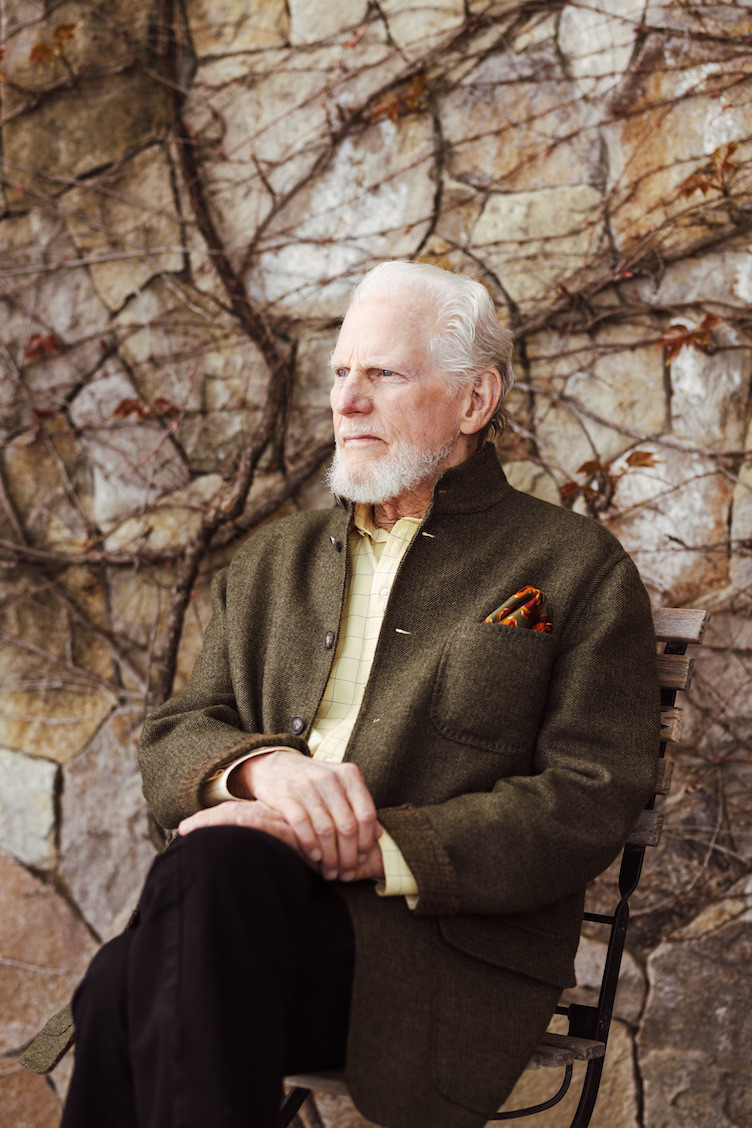
Photo Credit: Boris Zharkov
HAUTE LIVING: Let’s talk about your initial plan for the brand, and if that’s changed as the winery has evolved.
BILL HARLAN: Part of the plan was to build something that could last for centuries, for generations. To start on something that takes as long as it takes to start a wine-growing estate, you want as many of the odds in your favor as possible. I felt we really had to start with the best land. I had been looking for land here in Napa Valley for about 10 years leading up to 1980 — and maybe 10 years before that — and I always had this dream that I would like to get here when I was ready to settle down. The land was the most important thing; over those nine years, I ended up buying my first piece of land. At that time, I got a call from Robert Mondavi, probably the most famous wine person in America. He invited me to lunch and asked me why I acquired the land that I did. I told him about this little dream I had of finding a piece of land and planning a vineyard, finding a wife, and raising a family in the wine country someday. He said, “Bill, you know the net value has a lot more potential than just what you’re thinking here. I’d like to send you on a trip to Europe, to Bordeaux and Burgundy to see what the potential is of the Napa Valley,” he said. This was before a lot of people had even heard of Napa Valley. Once you visit a place where you see the potential of something, way beyond what was going on here at that time, it helps to clarify what you really want to do. My dream was to create a wine from California, a little bit different from what had been done before, and ultimately at the quality and credibility of the finest wines in the world. Again, it goes right back to the land. At that point, of the land that I had acquired, he said, “It’s beautiful land, but it isn’t necessarily perfect for growing vineyards… but the land next door to you has potential to be fantastic.” So, I began to look at other places, and over the next four years, I found the land that I felt would be best for us, and that was the land, or area, that produced the best red wine in America over the longest period. Having been the benchlands here between Yountville and Rutherford, the heart of it is Oakville here. I wanted to be in the hills, primarily because as you visit other wine-growing regions in the world that have been there for many, many years, the most valuable vineyard land tended to be in the hills. Not many vineyards were planted in the hills at that time, so the land that I had my eye on at the time meant more to us than woodlands. I had to come in, bring in the roads, clear the land, and plant the vineyards, that kind of thing. I’d say the most important thing was finding great land and the next is finding great people to work with that were much more knowledgeable than I was but fit a culture and had a shared vision of what we would like to create. From there the next most important thing with that land and the people [was] to be able to [build a] culture around it; a culture strong enough that it could last for generations. That was the beginning of the building blocks and what, I thought, was a great foundation for the dream that was yet to come. Laura, I love that. The dream that is yet to come that now exists today.
HL: Would you say you achieved that dream in full?
BH: It’s a work in progress, but I would say the most important thing was finding a wife. I found the land first, and then I met Deborah, and then the next year after that, Will came along. We bonded the winery the next year, and the next year Will’s sister Amanda came along. Then the following year, we were able to produce the first wine that we would release, but that wouldn’t happen for another six years. So, it was 12 years from the time we acquired the land to when we sold our first bottle of wine. Here we are now, almost 40 years later, we’ve learned a lot, we’ve evolved a lot. But I would say the most important thing is we did find great land, I found a great wife, and we have kids that seem like they’re confident, they’re definitely passionately interested.
HL:The wife was the hardest part!
BH: Until you find the wife, it seems almost impossible, but once you do, you feel very fortunate. I didn’t find my wife until I was 45, and we got married right before I turned 45, so I was a little bit in the slow reading group on that one, but part of it is fate, part of it is luck and I feel very fortunate.
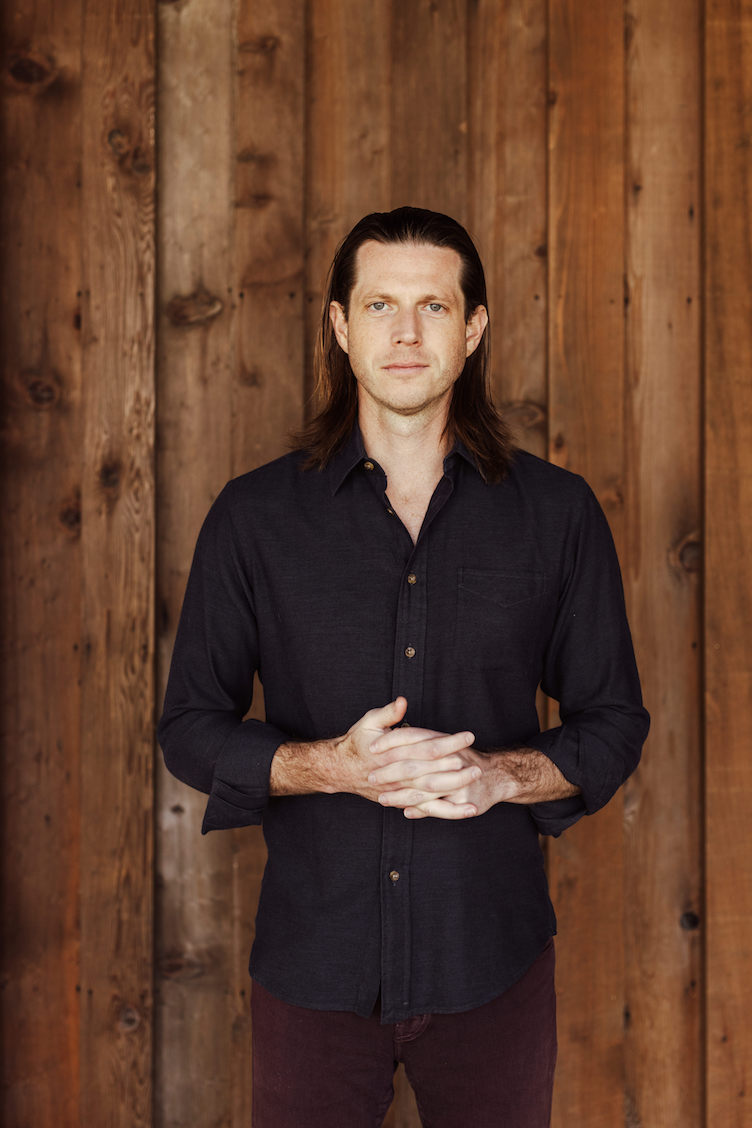
Photo Credit: Boris Zharkov
HL: Will, how will the second generation differ from the first? In what ways do you hope to bring innovation, new thought, and a modern approach to your 200-year plan?
WILL HARLAN: The first generation was focused on acquiring the land, building the foundation of the family domain, and establishing the vision. The second generation is primarily concerned with deepening our connection to the land — not only in terms of understanding its character, but also in terms of translating that character into the wine. In short, the first generation’s task was to forge the way, while the second generation is tasked with continuing to galvanize and elevate, if you will. The second generation, too, has the responsibility to begin preparing for the third generation to assume leadership of our network of relationships as well as of the vineyards and winery.
HL: Bill, what do you think are the most important principles of leadership and what convinced you that Will had these qualities?
BH: I think you can tell leaders by how many followers they have. They have to be completely aligned with the culture and have a passion for the shared vision and underlying purpose. They must believe in these heart and soul, but they also must understand what it takes to be a leader, which means understanding the risks required to remain out in front. It’s a lot easier to be a fast follower, and it’s a lot easier to be a regular manager. But a leader has to be planning far into the future, has to be clear on the values and on the culture, so that you have consistency and alignment on those things. In a family business, the family member in charge needs to be a leader, and if that person is not a strong leader, he or she needs to have the discernment to hire someone who is and support that individual. If the leader has the responsibility, that person should also have the authority; and conversely, if that person has the authority, the responsibility should come with it. As far as Will is concerned, I think he’s grown up listening to our vision, our underlying purpose, and he has been able to gain the respect and the credibility of the people within our organization.
HL: How does leadership transition affect the continuity of the core culture and values?
WH: Continuity is very important for us, and so we think about transition
far ahead of when it needs to happen, so that when it does happen, it’s as smooth as it can be, understanding that transitions inherently come with their own challenges and opportunities. We’ve got to build the continuity and the structure and the team in a really strong way, so that we don’t lose momentum, direction, or the essence of what the property is. It’s really a matter of making certain that you’re prepared for transition. That just takes time.
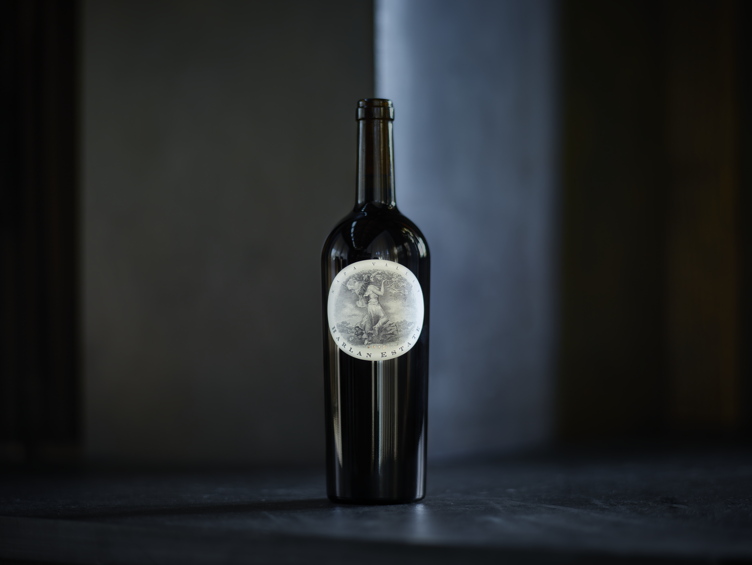
Photo Credit: Harlan Estate
HL: You have your next generation sitting right next to you — who’s going to be starting the next 200-year plan. But what’s the 40-year plan, Will?
WH: I really see the next 40 years being about deepening our understanding of the properties [Harlan Estate, Bond, and Promontory], deepening our connection to them, understanding the underlying identity and character of these places. And to elevate our ability to translate that purely into the wine. From a wine-growing perspective, 40 years or so is not a very long time. We are still relatively new to the world stage compared with some of these older wine-growing regions. It does take a long time to really understand a piece of property. Within that time, it’s always how do we deepen our connections to partners and customers around the world? How do we bring this to them and help them understand what we’re up to? I think a short way to say it is taking what we have and really galvanizing, establishing, and putting together the team that will really allow us to continue on the trajectory that has been started. Growth for us is more about elevating what we have rather than taking on more projects just for the sake of taking on more projects. That’s really how I see the next 40 years as it pertains to what we call the wine-growing domain.
HL: Are there new innovations, or things like that, that you’re bringing to the family business?
WH: Of course. In terms of the business side, just like any industry, there are new and very creative ways of connecting with people, especially people far from where we are. Having an international presence has always been really important to us. Not only spending the time in these markets getting to know these cultures, these people, finding ways that our wine can really play a part in their lives. Harlan Estate is a different animal from Bond, and that’s different from Promontory. Each one has its own identity and philosophy; therefore, I think [we] should be willing to explore what feels right for that property to connect with people. For instance, with The Mascot we have a little more freedom to try new things and be involved with social media and things like this. You know, we don’t feel that’s quite right for Harlan Estate, being at the other end of that spectrum. Bond and Promontory will fall somewhere in between, but it’s really about tailoring that for each one of the properties and not just prescribing the same strategy for everything.
HL: Bill, you started all of this. So, having your hands in so many different things, what has been the most difficult part of starting this business and the most rewarding?
BH: I’d say the most challenging was really trying to understand the main things that make up the great land, and that took about 20 years to understand it better. We’re still learning all the time. I would say building the team and finding great people isn’t always easy, but I feel we’re very fortunate there. Bob Levy, this will be his 40th harvest. Don, our first winemaker is still with us. He began grooming Corey, who is our director of wine growing today, who joined us about 20 years ago. Don Weaver, our director of relationship-building, joined us in 1986. Lily, who works in the office has been with us for a little over 40 years. I feel finding these people and finding people who believe in a shared vision where each of their roles is their calling and what they love doing is essential. The attitude, feeling, and alignment is what’s really important, building a culture of mutual respect. Continuity, not only on our own but in our extended family. We have our immediate family, Will and his sister Amanda and my wife Deborah and alongside our extended family of Bob, Corey, Lily, and the rest of the team that are now with us. I would say the most rewarding part has been watching Will and his sister, Amanda, really evolve. To me, that has really been the most rewarding part of the whole dream. If we can’t make it from the first generation to the second generation, we don’t have much of a chance of making it 200 years.
HL: I want to know, since I have two generations here, what is the greatest lesson you have learned from your dad, Will?
WH: I think that’s a hard one to answer, there’s just so much. But I think it’s this element of always being willing and ready to take risks. Not just any risks, but the right risks. Without those, you stagnate and therefore fall behind. In the grand scheme of things, it’s a bigger risk overall not to take risks. There’s been a lot written on the imbalance of people’s perspective on what is risky and what’s not, and if we can continue to be on the leading edge of understanding what that means for us and our business, then we can continue to not just maintain our position but increase it in the grand scheme of things. So, I think risk profiles and our comfort levels with taking smart risks is probably the main thing.
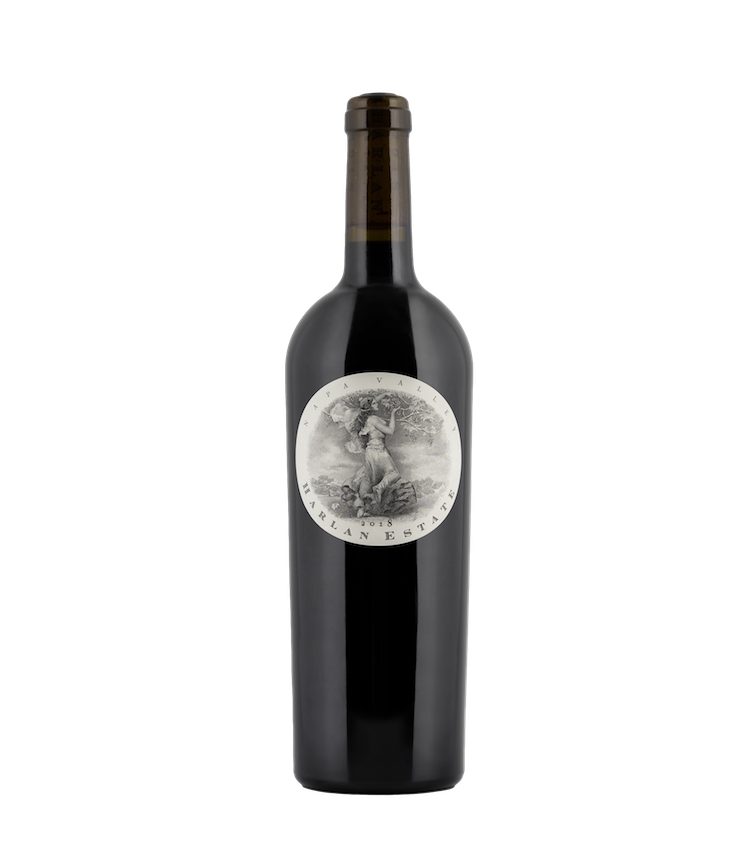
Photo Credit: Harlan Estate
HL: Are you surprised with his answer, Bill?
BH: I would say these things may not all happen overnight. But as time goes on, I’m not surprised as much as I feel fortunate that some of these things rub off. It’s not always totally easy, every so often there’s a little friction here and there. But when we go back and think what are we really up to? Why are we really doing this? What are we trying to create? What are the satisfactions we think that we will experience if we’re able to accomplish these things? No matter what happens and how heated things get, we go right back to why are we doing this. We’re working on something that has a meaning beyond any of us as individuals and working on something longer than a lifetime.
HL: Would you say the reason you continue to do it is to enrich and inspire, but also other things as well? When those goals started as one thing, did they transform into something else?
BH: I agree, we may think we have a clarity of vision on what we want to create but each year you learn things that work and things that don’t work and things that are maybe a better idea than your original idea; we adjust and evolve over the long term here. But I feel that the underlying core values don’t change: the idea here is we’re in a business that we think is an art of man and nature. We work to become more and more at one with nature and produce a product that purely expresses the character of the land. Will talks about Harlan, Bond, and Promontory, and all three of those together is still a small project. So, like Will says, it’s always working on getting closer to the soul and the essence of what we’re trying to do here, which is getting closer and closer to the threshold between great craftsmanship and the realm of art. As we work toward that place, will we ever get there or not, who knows? Will we ever have a destination? That seems like it will be ongoing, and throughout life there’s always a missing piece. And that missing piece is what draws us onward, and I feel that’s really part of the next generation and listening to them and the things that they’re going to be able to do, way beyond what we’ve accomplished so far. The outlook and dream are even getting more exciting along the way.
HL: What makes wine growing in the Napa Valley (specifically Oakville) so special and unique?
WH: There are many things that come together to make Napa Valley a special place. The region is still just at the beginning of realizing its potential. People think of wine growing in terms of all of California, but the Napa Valley makes up only a tiny percentage of the state’s production. It is smaller than Burgundy. But within this small geography, you have a huge amount of diversity. Oakville itself, within the valley, is a really small place, and we believe strongly that where we are situated in Napa Valley, right on the edge of the marine intrusion of the bay, plays a really significant role in our wine growing. Our particular location, the east-facing slopes of the western hills of Oakville, was one that we felt had wonderful potential.
HL: Will, what would you say sets your wines and the company apart?
WH: They’re inextricably linked. If we’re talking about the wines, it’s really the pieces of land that we have identified and found a way to capture and work with. It’s always going to come down to the land as the primary driver of the wines. But speaking to this human element, it’s how you assemble a team that has a capability, willingness, and humility to put in the time to understand these properties. Humility is a big part of this. When you’re trying to build something on the time scales of not just one generation,
but multiple, and hundreds of years, you have to realize that what you’re working on is bigger. It’s bigger than the individual, bigger than one person, one’s own lifetime, etc. The other side of it is that humility is important from a cultural aspect to our company because it’s really what keeps you open-minded and willing to learn. Once you lose that, you stagnate, and you stop improving. What sets us apart, from a wine perspective, is our land, and from a company perspective, the culture that we put together. When you have the land and the culture, with the people being the final part, then we have this strong foundation for carrying these things on into the future and providing that continuity between generations which, in this business, is really important. 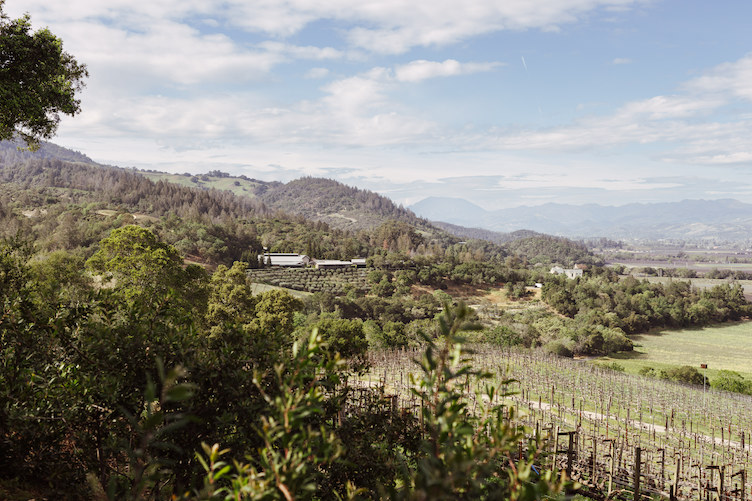 Photo Credit: Boris Zharkov
Photo Credit: Boris Zharkov
HL: Are you finding that other wineries are doing the same? Napa is a very family-oriented place, so are you growing up with the kids of wine owners like your father?
WH: Napa Valley in general is a very small community, and I have grown
up with a lot of these other families. Generational transition is not easy, it’s actually pretty antithetical to the American culture which is about breaking off and doing your own thing. I feel like, even though a lot of families would like their next generation to be involved, a lot of the next generation is just not interested. We’re actually seeing a bit of the opposite, seeing these family wineries being sold to private equity companies or larger portfolios. Which, if you ask anybody, it’s sad to see it fall out of that, but at the same time I don’t think it is that surprising. The generational approach to family businesses is not really part of the American culture. I mean, yes, there are a few others that are successfully doing this, and they have a next generation that is really committed and feels that this is their calling. But I think there’s always going to be that tension in the U.S. of having that culture that really celebrates breaking off and doing your own thing and then the ones that are trying to create something that can be passed down for generations within the family.
HL: Bill, I’d like to ask what you hope your legacy will be.
BH: I think the idea of doing our part in bringing wine, and this art of man and nature through wine, closer and being more included into the realm of art. That’s an important part of it. We also know that there are a lot of definitions of art. One that resonates most closely with us, with me for sure, is one of Picasso’s definitions of art: “it washes away from the soul the dust of everyday life.” And if we can bring that to people in a certain way that they really feel it and experience it, that would be a legacy for me and the family, and [it] is really the underlying purpose of why we’re doing this.
HL: Do you paint in your spare time?
BH: Luckily not.
HL: What would you be doing if you were not making wine?
BH: There’s a wonderful feeling working the land. I grew up gardening as a kid, and once you start working with the land and move into agriculture, close to nature, there’s a wonderful feeling, especially when you produce something that resonates with human beings. If I had a life to live over again, hopefully I would have some other interests exciting to me as this business endeavor. Maybe some other art form? I don’t really know what that would be, but that’d be the idea.
WH: I’m not sure. The creative realm, creating something and building something has always been very appealing to me. I thought my path was going to take me into the tech world, so that still fascinates me. At first, I thought I’d be interested in broadly available consumer products, things, services, etc. but as I transitioned into wine, the types of people that you get to meet and interact with and the level of joy and the light that you can bring to their lives, there’s something to it.
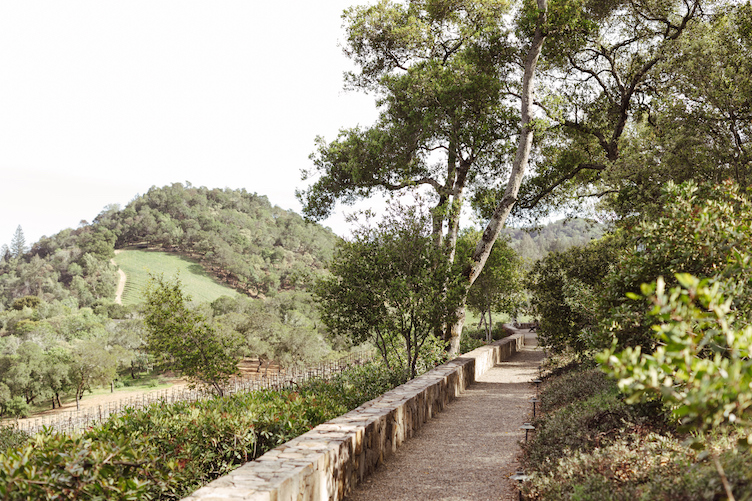 Photo Credit: Boris Zharkov
Photo Credit: Boris Zharkov
HL: Speaking of other interests, let’s talk about your hotel. It must have been devastating when Meadowood burned down, but you rebuilt it, and people are coming once again. What rebuilding attitude did you need to have? What did you constantly tell yourself? How did you rebuild? What’s different? The same? Do you have plans to open any other hotels in the future?
BH: Our original vision for Meadowood was to be a common ground for the Napa Valley. The property has been a club for the growers, vintners, and members of our community since the 1960s. The Napa Valley is about two main things: wine growing and hospitality. We feel that both of these activities are really important to us. We came here because we were interested in wine growing, and we had been interested in that before we acquired our first land; but once we did, we recognized how important hospitality was also. The leadership of the Napa Valley community asked us if we would keep Meadowood as a club, a gathering place, which had been a tradition for more than 20 years at that time. It has now been a common ground for the community, winegrowers, and frequent visitors to the valley for 60 years. The goals to which we committed ourselves were twofold. First, we resolved to help put Napa Valley on the map through hospitality, inviting people here and letting the world know the potential and level of quality wines that the region was producing. Second, we wished to support the community. The leadership of the Napa Valley Vinter’s Association wanted to let the world not only know about the quality of the valley’s wines but also to support key areas of responsibility in our community. We built the facilities at Meadowood with the idea of hosting Auction Napa Valley, which we did for 39 years before the pandemic and the recent fires. We have been committed 100 percent to the Napa Valley, wine growing, and hospitality at a level on a par with the quality of the wines we produce here. Today, we absolutely remain focused on hospitality and wine growing, and we want to be able to continue to make contributions as an ambassador for the valley. We will remain aligned with and supportive of the needs of the Napa Valley over the next 40 years, as we have been for the last 40. We have been a family operation for more than 40 years, and we have no plans to change that.
HL: What do you consider to be the greatest luxury in life?
BH: I would say having a home base, a place where you love to live. I mean, we happen to be in a wonderful country, we love it out here in Northern California, the energy and pace. It may not be quite as warm as Southern California, it’s a lot cooler here. I personally like the cooler weather. The most important thing is to have a place where our family gathers. Not only our immediate family, but our friends and extended family, our colleagues we get to work with. From this place, we can create something that has global reach, have a global perspective, and be able to travel throughout the world. We are in almost 40 countries, but our home base is here. There’s a certain gravity here that keeps the family together. I would say living in a great country, a pioneering spirit, family, friends, and health obviously. It’s a perspective, but also having something that’s really a family and close and based on the land. Being close to nature is a very rewarding thing and having some space.
WH: I will just state it as one of the things that I really enjoy about what we’re up to and that is being able to move around the world to do business in these different places. And visiting a place as a tourist, or just to enjoy it, is very different from being able to do business there. Not just selling widgets but being able to interact with people who are passionate about wine and are really aligned with our philosophy and what we’re up to. You just learn, I found, so much more about the culture and the people. Usually, you don’t think about business as a soulful and culturally enriching thing because it has this connotation of commerce and transaction. But we sell wine in 39 countries and just the friendships, the partnerships, and the people that we’ve gotten to meet around the world through the business, I don’t think we ever would have gotten to be in front of had we just been visiting from a pleasure standpoint, so I really appreciate that. Being able to move around this world in this way is a pretty wonderful luxury.
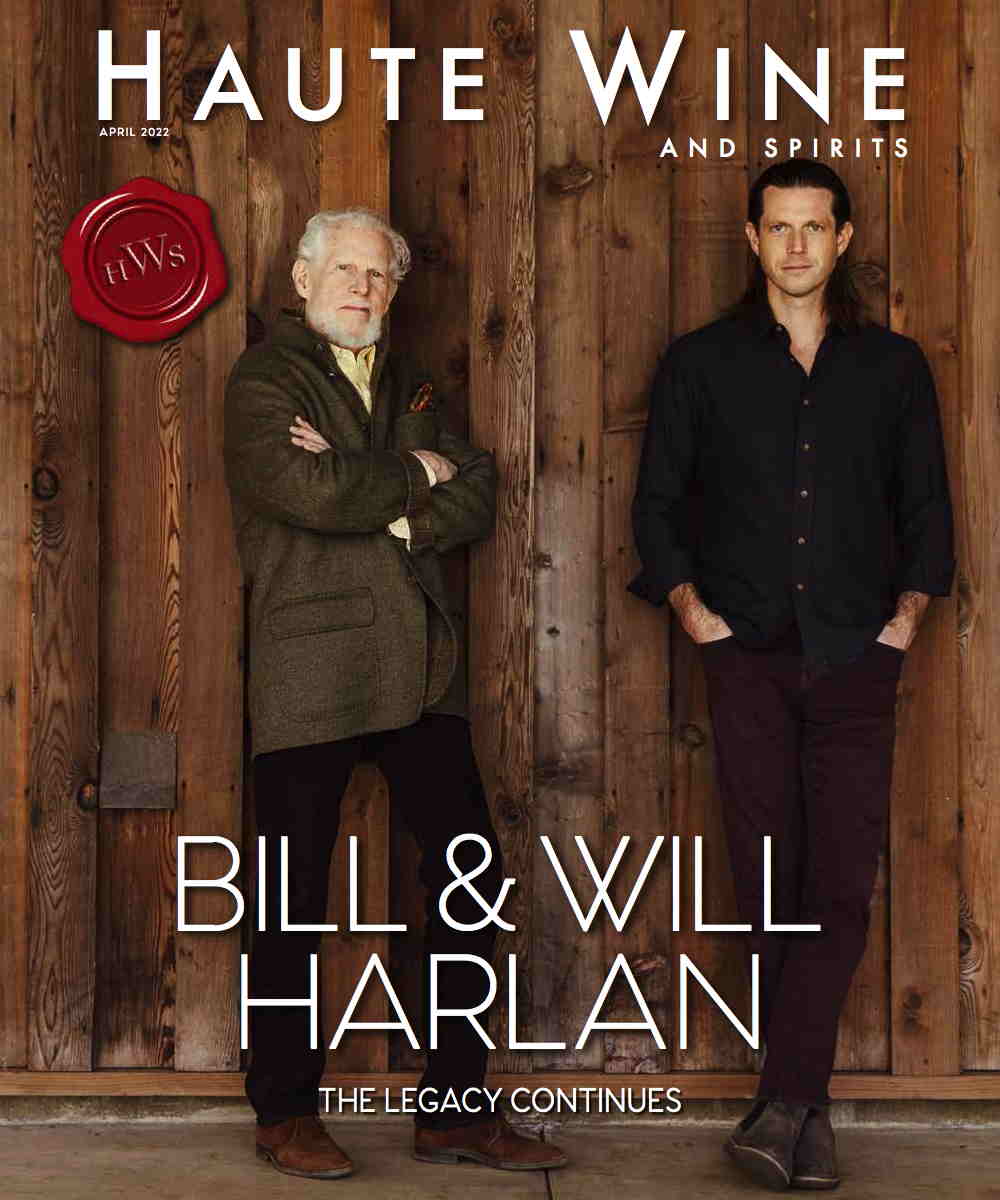
Photo Credit: Boris Zharkov

